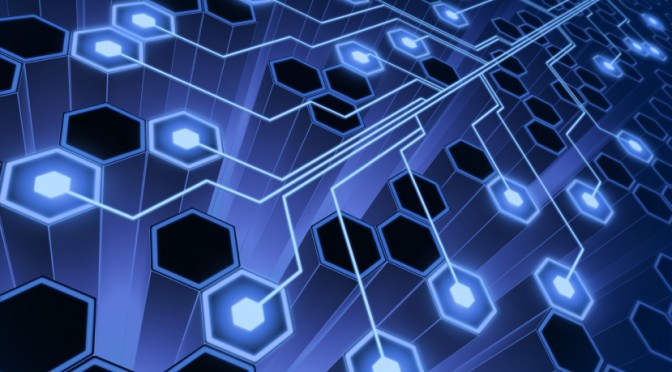With the recent introduction of the 5G mobile communications standard, the energy requirements of data centers are set to increase drastically. This is the outcome of a study carried out by RWTH Aachen University, commissioned by E.ON. According to the study, 5G alone will further increase the already rapidly growing electricity demand in data centers by up to 3.8 terawatt hour (TWh) by the year 2025. That would be enough electricity to supply the 2.5 million people that live in Cologne, Dusseldorf and Dortmund for an entire year. E.ON is committed to making rising energy consumption climate-friendly. In addition, the company is examining the power grids close to Frankfurt, a veritable hotspot for data centers, with the aim of securing supply, even if consumption increases significantly.
This thirst for energy has been triggered by new technical possibilities for companies and consumers. With 5G, companies are building their own mobile radio networks. In intelligent factories, self-propelled robots are able to communicate with machines and exchange information. The mobile network is becoming so powerful that movies are available in real time without having to download a file. According to the study, this technological leap requires the establishment of numerous small, local data centers, many of which will act as intermediate stations to central units.
For E.ON board member Karsten Wildberger, the important thing now is covering the additional energy requirements in a climate-friendly way right from the start. “Digitization means more data, more computing capacity, more data centers. Each and every data center consumes huge amounts of electricity. By 2030, up to 13 percent of the world’s power requirements will be consumed by data centers. We need sustainable energy supply for that. Today, we can achieve this in an environmentally friendly, economical way.”
According to Wildberger, all of the necessary technologies are already available to supply data centers with climate-friendly power. “We are supplying data centers with clean energy or building highly efficient, decentralized generation facilities onsite, such as combined heat and power plants or fuel cells – often combined with PV systems or wind energy,” states Wildberger.
The growth of data factories is also having an impact on power grids. In the Frankfurt area, for example, network operator Syna, which is part of the E.ON Group, commissioned a transformer station in the middle of the year that is designed for the equivalent of 160,000 households. In particular, it will secure the power supply of planned data centers in the region. Syna is currently examining extensive measures in its networks in order to be able to sustainably cover the energy requirements of data centers and other customers in the future in light of the significant level of growth expected.
Yet, the energy concepts are not only about generating energy, but also about using waste heat to conserve resources. At present, 13 billion kilowatt hour (kWh) of electricity are converted into heat in German data centers – which has simply been released into the environment unused to date. According to the RWTH study, only 19 percent of data centers use part of their waste heat, most of which is channeled into their own buildings for heating and hot water.
According to the study, up to 8 TWh of waste heat will be available by 2025. Wildberger sees enormous potential for the sustainable use of this energy here. “Today, waste heat from data centers remains unused far too often. Waste heat is valuable energy, accounting for almost half of the energy used. For that reason, data centers should be used to supply heat to housing estates and entire city districts. This is a very concrete and important contribution to coupling the electricity and heat sectors, which we implement together with our customers.”
With its ectogrid technology, E.ON has developed a heating and cooling network system that operates at extremely low temperatures, is controlled by algorithms, and intelligently connects various producers and consumers of heat and cold. This system, for which E.ON holds 39 patents, offers a solution for the efficient use of waste heat.
Increasing energy consumption in line with increasing digitization is not only being driven by the introduction of the 5G standard. Rather, it is also caused by new online behavior of each individual. E.ON intends to raise awareness of this in the course of a campaign. The aim here is to raise awareness and make an active contribution to climate-friendly digitization.
E.ON will therefore launch a ‘Green Internet Day’ on January 8, the first of its kind so far. On this day, the company will stop its usual activities on the Internet and on social media channels. Instead, E.ON will point out green Internet solutions. Numerous other activities are planned on Green Internet Day, which the company will present at the beginning of January.
The data-center study is based on a literature search carried out by the Institute for Future Energy Consumer Needs and Behavior (FCN), Prof. Madlener of RWTH Aachen University. The study can be viewed at www.eon.com/green-internet. E.ON has also set up an information section on the subject of energy and data centers there.


